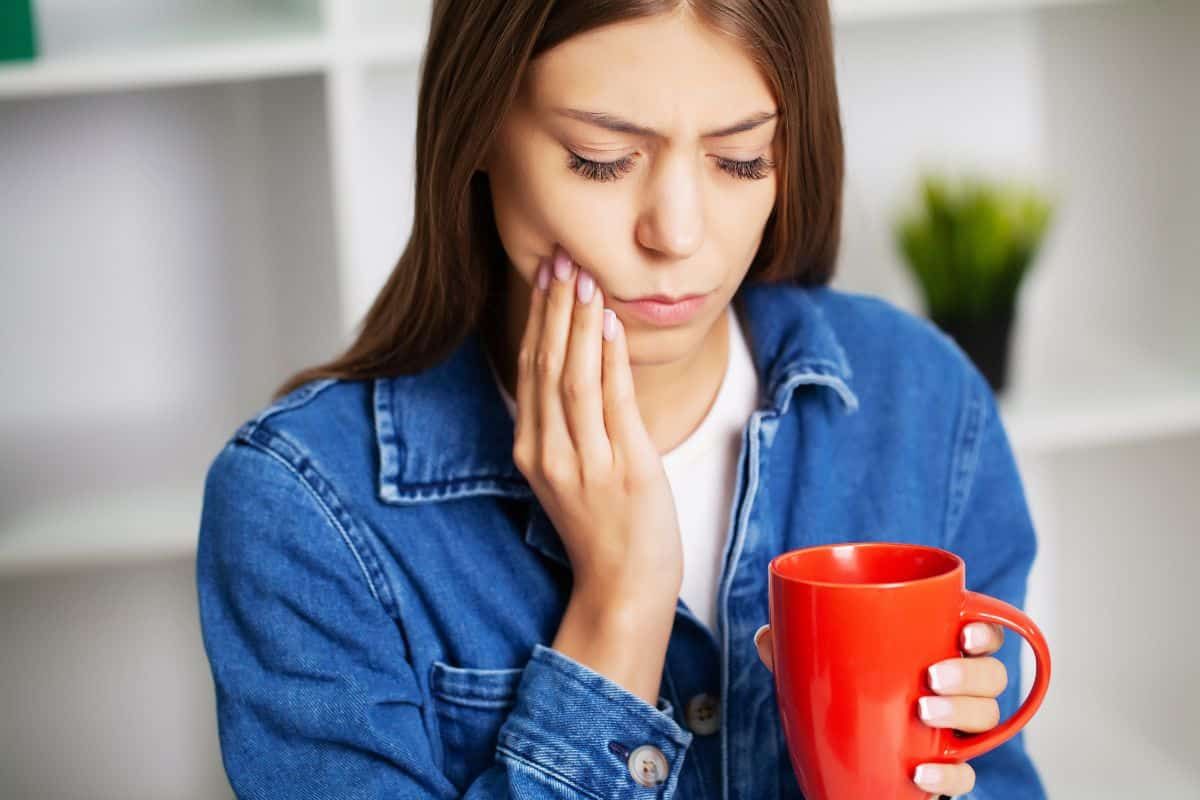Can I Drink Coffee After Tooth Extraction?

Wondering if it’s safe to enjoy your favorite coffee after a dental extraction? You’re not alone! Many coffee lovers have this question after undergoing oral surgery. In this post, we’ll break down how caffeine affects healing, when it’s okay to sip again, and why it’s crucial to be cautious. While a cup of coffee may seem harmless, drinking it too soon can lead to complications. Read this blog to determine the best practices for a smooth healing process while enjoying beverages after a tooth extraction in Henderson.
Understanding Tooth Extractions
A tooth is extracted when it is taken out of its bone socket. This process could be required for a number of reasons, including:
- Tooth decay: Extensive damage to a tooth that cannot be repaired.
- Gum disease: Infections and inflammation of the gums can lead to tooth loss.
- Overcrowding: In certain cases, extraction of teeth is necessary to create room for orthodontic treatment.
- Wisdom teeth removal: These third molars often need extraction if they become impacted or cause problems.
Remember, post-extraction care is essential to promote healthy recovery and reduce complications.
The Effects of Coffee on Recovery
Coffee is a popular beverage for many people. However, it has unique properties that may impact your recovery after tooth extractions. The caffeine in coffee can have both positive and negative impacts on your body. Here’s what you need to know:
Potential Risks of Drinking Coffee Post-Extraction
- Increased Blood Pressure: Caffeine can elevate your blood pressure. After an extraction, keeping blood pressure stable is important. High blood pressure can increase the risk of bleeding and delay recovery.
- Dehydration: Coffee is a diuretic, which can lead to increased urination and potential dehydration. Staying hydrated is essential for healing, so think twice before reaching for a cup of coffee.
- Increased Sensitivity: After an extraction, your teeth and gums may be sensitive. Hot coffee can irritate the extraction site and cause discomfort.
- Compromised Healing: Consuming coffee too soon after extraction may interfere with the formation of blood clots. Proper clotting is essential for healing and preventing dry sockets.
When Is It Safe to Drink Coffee?
It’s best to avoid coffee for the first 24 to 48 hours after your tooth extraction. You can reintroduce it gradually after that period. Here’s how to approach coffee consumption post-extraction:
The First 24 to 48 Hours
- Avoid Coffee: During the initial recovery phase, stick to clear liquids and soft foods. This approach allows your body to focus on healing without irritants.
After 48 Hours
- Assess Comfort Levels: If you feel comfortable and have minimal discomfort, consider having coffee. Start with lukewarm coffee instead of hot to avoid irritating the extraction site.
- Monitor Your Body: Observe how your body reacts when you try to sip the coffee. If you experience discomfort or increased sensitivity, wait longer before drinking beverages.
Alternatives to Coffee
If you’re hesitant to give up your morning routine, consider some alternatives during your recovery:
- Herbal Tea: Opt for caffeine-free herbal teas, which can be soothing and hydrating. Avoid teas that may cause staining or irritation.
- Decaffeinated Coffee: If you miss the taste of coffee, try decaffeinated options. They can provide a similar flavor without the added caffeine.
- Warm Water with Lemon:
This refreshing drink can keep you hydrated and promote healing. It also offers a boost of vitamin C, which is beneficial for your immune system.
Wisdom Teeth Extractions and Coffee
Wisdom teeth extractions often come with similar recovery guidelines. If you’ve had your wisdom teeth removed, follow the same advice regarding coffee. Your body needs time to heal, and caffeine can complicate that process. Always consult with our Henderson dentist about your specific situation and aftercare instructions for tooth extractions.
Tips for a Smooth Recovery
- Stay Hydrated: Drink adequate water during the recovery phase to remain hydrated. Hydration is vital for healing after a tooth removal.
- Follow Post-Op Instructions: Adhere to your dentist’s guidelines regarding diet and activities after the extraction.
- Rest and Relax: Give your body the time it requires to recover. Avoid hectic activities for a few days.
- Watch for Complications: If you experience excessive bleeding, swelling, or pain, contact your dentist immediately.
Signs You Should Avoid Coffee
Severe Pain: If you experience severe pain at the extraction site, it’s best to avoid coffee until the discomfort subsides.
Signs of Infection: If you notice swelling, redness, or discharge from the extraction site, avoid coffee and contact your dentist.
Prolonged Bleeding: If bleeding persists for more than a few hours, avoid coffee, as it can exacerbate the situation.
While it may be tempting to drink coffee after a tooth extraction, it’s best to wait at least 48 hours. Consider how beverages can affect your recovery and prioritize your oral health. Remember to stay hydrated, monitor your body’s response, and enjoy alternatives during your healing process.
After dental extraction, you must be mindful of your post-operative care, including what you eat and drink. Visit our dental clinic in Henderson if you need help with tooth extraction. We take the time to listen to your concerns about wisdom teeth and recommend permanent removal when it’s necessary.

